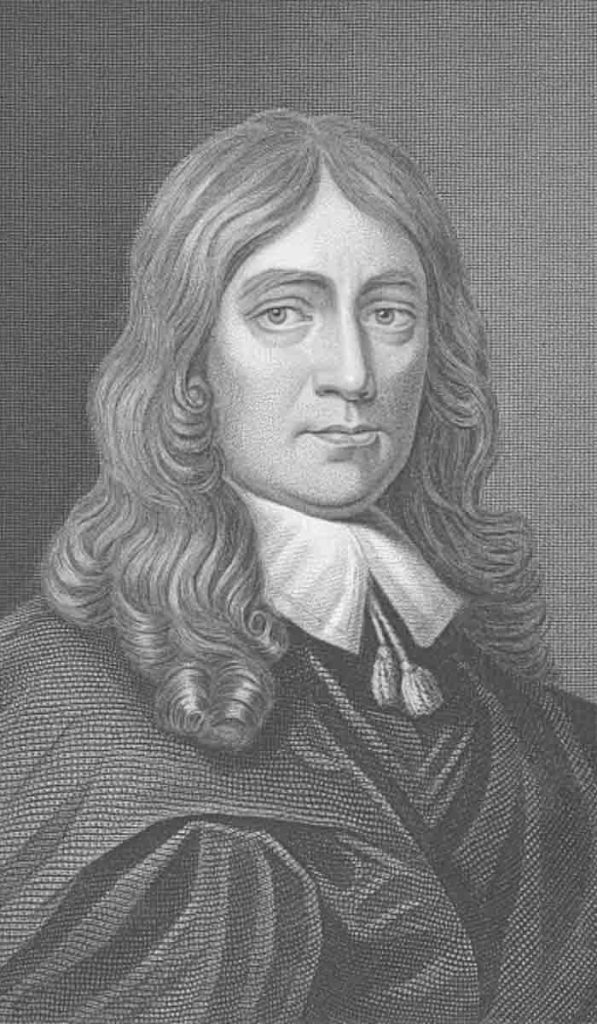Curious little things : Jhon Milton
Montavaya
April 16, 2022

Best known for his work, Paradise Lost, John Milton is said to be the most significant English author. After Shakespeare, of course. His work, Paradise Lost, is considered to be the greatest English epic poem. Definitely with good reason! He was born in London, on 9 December 1608. His father shared the same name and had established a scrivener business. Milton’s grandfather was a staunch Roman Catholic. He kicked Milton’s father out of the family home for reading a Protestant Bible. Milton had two brothers.
He was just a teen when he began writing an epic poem in Latin. About what? The Gunpowder Plot of all things. He didn’t get around to finish it, but his early work makes clear how long he spent on his idea for Paradise Lost (think: forty years.) Paradise Lost also features many, many weird details. For example, one passage is just about angels farting. It is these strange paragraphs that made critics wonder whether Milton himself was ‘of the Devil’s party, without knowing it.’
While visiting Florence in 1638, Milton encountered Galileo. Now, one of the greatest 17th century English poets coming in contact with one of the greatest astronomers of his age is definitely exciting. It has also been said that Galileo’s description of space might have had an influence on Milton’s descriptions of heaven in Paradise Lost. He also documented this meeting with Galileo in his 1644 pamphlet, Areopagitica.
He also managed to develop quite a playboy reputation during his time. Apparently, he was quite an attractive man at his age. A detail that was not missed by the females around him. He was married three times. (Ross Geller, anyone?) His first wife was considerably younger, which caused a flurry in their social circles. But she died ten years later and Milton remarried, who died six years later. He married again, for the third time, this time they stayed together until he died.
He also served as the ‘secretary for foreign tongues.’ Post the English civil war, he carved quite a political reputation for himself as well. This was what led to him being appointed as the ‘secretary of foreign tongues’ by the state. He held on to the position until Cromwell’s death. He was then forced to go into hiding in 1660, as an arrest warrant was put out for him.
Researched and written by Mansidak Kaur
